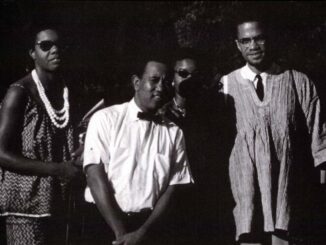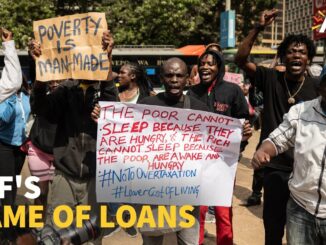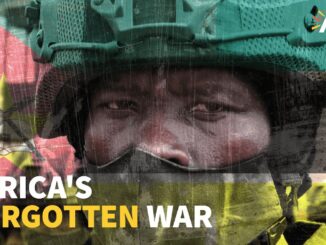
Over 700,000 people have been internally displaced in Sudan since April 15, when an armed conflict began between the Sudanese Armed Forces (SAF) and the Rapid Support Forces (RSF), according to the UN’s International Organization for Migration (IOM).
The IOM spokesperson, Paul Dillon, said at a press briefing in Geneva on May 9 that the number has doubled in the prior week after IOM had previously estimated on May 3 that 334,053 had been displaced, 72 percent of them in West Darfur and South Darfur States.
In the states of South Darfur, North Darfur, and Central Darfur, clashes between the SAF and RAF began soon after they started fighting in Khartoum, killing many civilians, as Mohammed Alamaldin, a civil society activist from West Darfur’s capital Genena, told Peoples Dispatch.
However, in his own state, community members—including youth, women, and elders—had managed to secure a local agreement between SAF and RSF “to wait until the winner is determined in Khartoum.”
The locally negotiated truce lasted for a little over a week before forces clashed on April 24. Amid the ensuing insecurity, the armed conflict between West Darfur’s ethnic militias escalated, killing over 250 and wounding 300 civilians between April 27 and May 3, according to Alamaldin. On May 12 and May 13 alone, 280 were killed and over 160 were injured.



